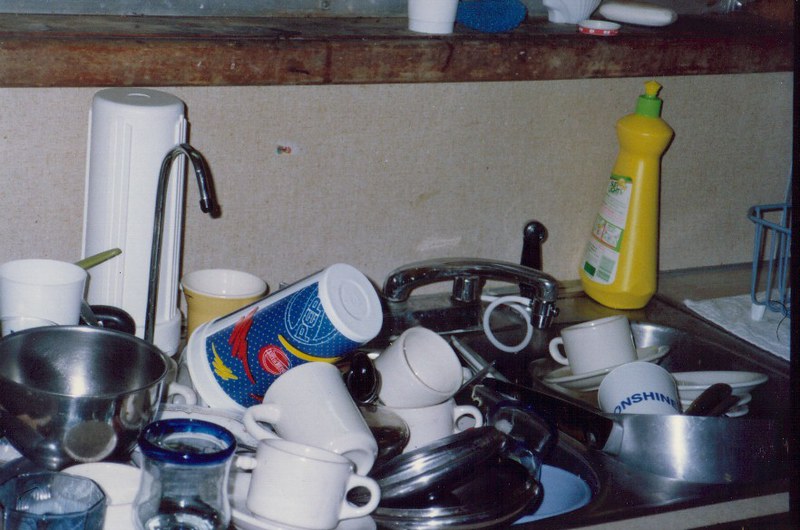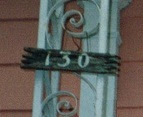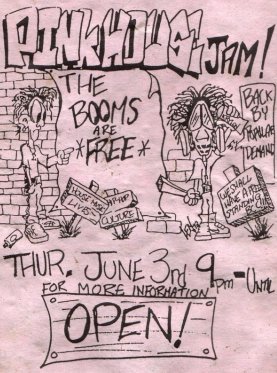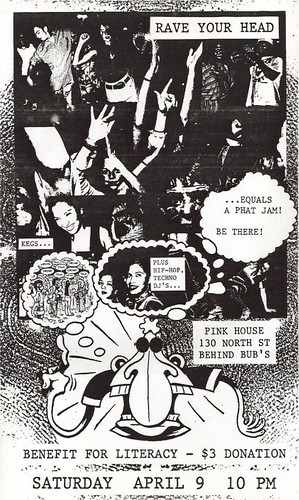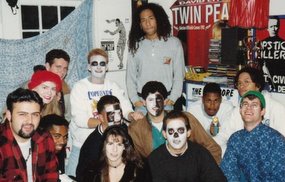"Activists can find problems at home, too," Daily Tar Heel, 1/20/89
By DANA LUMSDEN, Staff Writer
I ran into a couple of those "trendinis-tas," liberals, campus radicals, socially conscious Americans, or troublemakers (it depends on whom you ask) yesterday. They appeared to be good college students (they were clean, dressed and sober). I just couldn't understand how they could be the subjects of so much debate and the focus of so much attention. How could anyone dislike people who seem to be so altruistic and motivated to expose and eradicate the injustices of the world?
I began to think, though, about some of the causes that these people seemed to hold so dear that they would risk being expelled. Some were concerned about animal rights, others were concerned about people incarcerated in Third World prisons, South Africa and the destruction of the environment. It would be wrong for me to classify or rank these causes in order of importance because all of these problems are meaningful. Who's to say the situation in South Africa is more significant than the situation in El Salvador?
But I never hear of any protest of the situation in America, the situation in America's big cities, the situation in Chapel Hill, the situation here at UNC. These farsighted students are convinced that America remedied all her wrongs during the "turbulent sixties" and have set their sights on bigger and better causes. Like modern day Macbeths, they are so ambitious and self-righteous that they cannot see what is plainly before their eyes.
While they protest the terrible apartheid in South Africa, their eyes block out the "apartheid" in America, Western Europe and Australia. The majority of America's cities are segregated, except for an occasional gray area where blacks and whites live together. For the most part, blacks cannot even walk in certain places without being harassed by the police if not by the area's residents.
The enrollment of black men is decreasing in our colleges. If America's educational institutions were as aggressive in recruiting and nurturing promising black scholars as they are in recruiting promising black athletes, this would be no problem. Here in Chapel Hill, blacks supply most of the jobs that require manual labor. An overwhelming majority of the black students at UNC live on South Campus (mostly by choice) while the University hedges on whether to expand a Black Cultural Center (a mainstay on most campuses) the size of a snack food place.
A good method of gauging the attitude of a democratic country is to see how it votes. Politicians of the day have found a new error-proof way of winning an election: racial politics. Who can forget the infamous Willie Horton ads, and the frequent allusion to "American values" (translate: the values of the white middle class) by the Bush campaign. Big-city elections are polarized by the subject of race. Even as people protest about the subhuman conditions of prisons in certain South American countries, American offenders predominantly minorities are crowded into already over-populated prisons.
As we honor one of the nation's greatest leaders and celebrate Black History Month, there will be a whole lot of soul-searching specials on the civil rights movement reminding us to "Keep the Dream Alive" and our "Eyes on the Prize." As we look at the past and dream about the future, we often forget to make the present better for ourselves. The "socially conscious," who are fond of throwing stones, at Nicaragua and South Africa, should be reminded that America is but a glass house.
Dana Clinton Lumsden is a freshman journalism / political science major from Boston, Mass.
